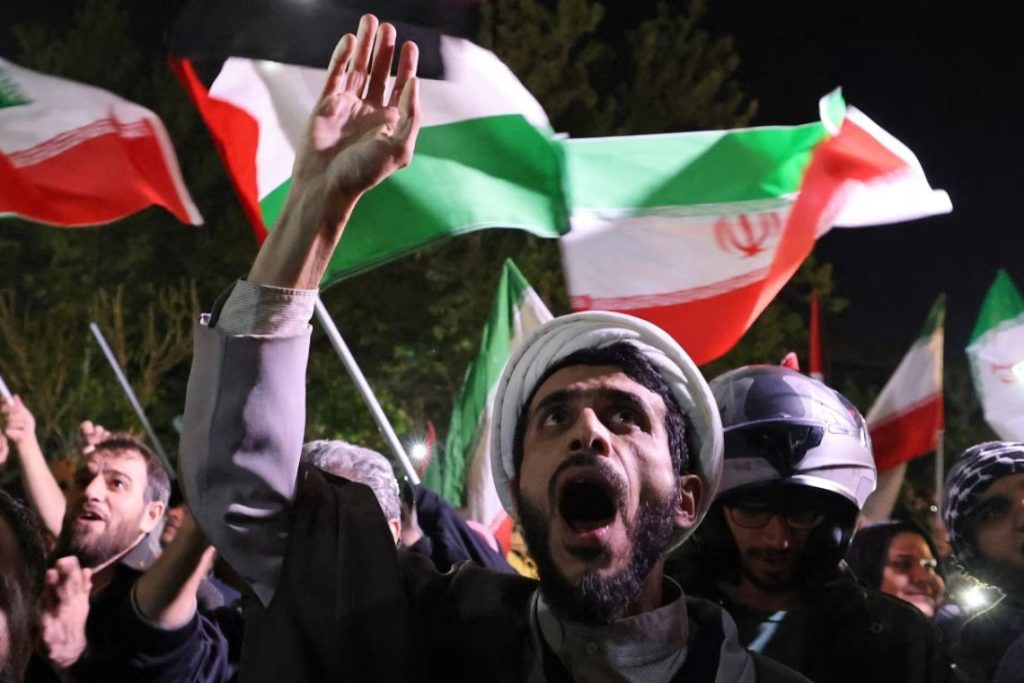ISLAMABAD – A tense and fragile ceasefire holds in the Middle East following a week of intense military confrontation between Iran, Israel, and the United States, but observers warn the region remains on edge.
The truce, announced by former US President Donald Trump and reportedly agreed to by both Iran and Israel, has halted active hostilities for now. However, conflicting claims over violations have raised doubts about how long the calm can last.
Israel has accused Iran of firing missiles after the ceasefire came into effect, vowing retaliatory action if such incidents continue. Tehran, on the other hand, maintains that its military responses were carried out before the official deadline of the ceasefire and insists it has upheld the agreement.
While US officials have reaffirmed the ceasefire’s status, President Trump has publicly urged Israel to avoid further escalation, saying, “Don’t drop those bombs.” Despite this, reports suggest some Israeli strikes may have continued after the ceasefire took effect.
An editorial published in a leading national daily emphasized the importance of US pressure on Israel to ensure long-term peace. It called on Washington to reconsider its military and financial support to Israel if hostilities resume.
The editorial further highlighted that unless Israel halts its military campaign in Gaza, any ceasefire will only offer temporary relief. Since the beginning of the conflict in October 2023, more than 56,000 Palestinians have been killed in Gaza, while recent Israeli strikes on Iran resulted in the deaths of over 600 people, many of them civilians.
International observers are now urging renewed diplomatic efforts and a sustained push toward de-escalation to avoid a full-blown regional war. The current ceasefire, while holding, is widely seen as unstable without a broader political settlement.
Reported by PakTribune News Desk
All rights reserved.


